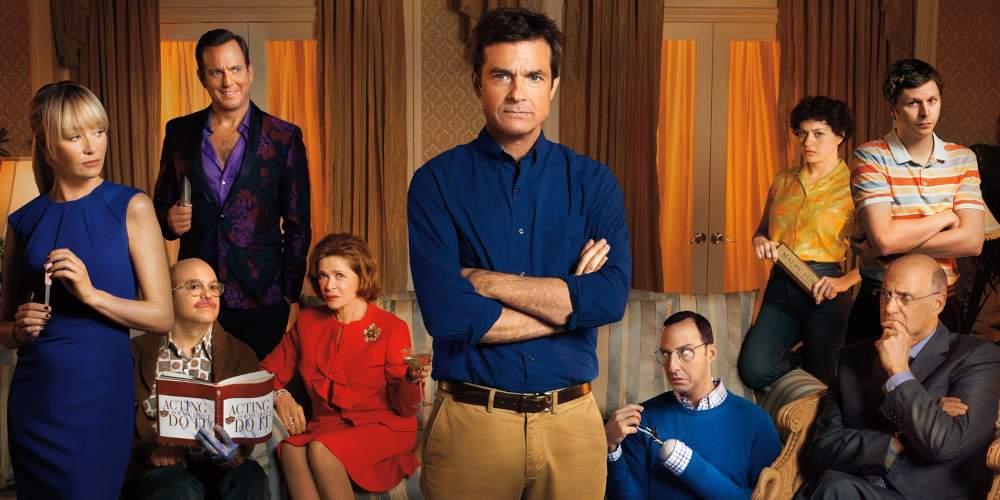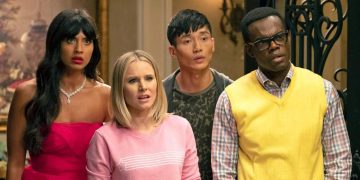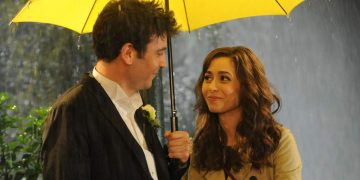Fans can be a powerful force in influencing creators. When a fandom is particularly vocal, networks and producers may decide to bring back a series that has already ended in hopes of raking in more cash.
The modern TV landscape is littered with so-called "reunion TV series" that feature the returns of well-loved characters from well-loved shows. Frasier, Will & Grace, Roseanne, and Twin Peaks have all made (or are still making) dramatic returns after they'd already finished for good.
But, on the whole, reunion TV series are pretty terrible.
Sure, some of them might actually have good ideas with real stories still worth telling, which warrant their returns and may even garner success and critical acclaim with their triumphant comebacks. Those types of reunion series are few and far between. Outliers, if you will.
Most of the time, reunion TV series are complete misses. Here are several reasons why reunion TV series are usually terrible and why audiences are pretty much over the concept.
1. Recapturing the Same Vibe
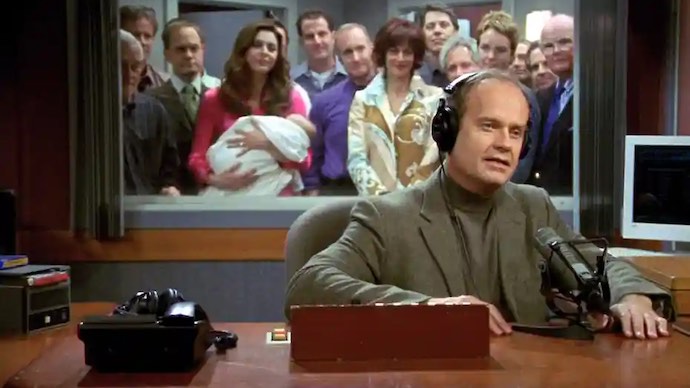
A TV series is more than just a collection of sounds and images on the small screen. They're pieces of contemporary culture that reflect the times they first aired in.
One of the main issues with bringing back a long-ended TV series—one that may have concluded decades ago—is the need to straddle two tones: what the show originally represented and what it needs to be to fit into the modern era of television.
The vibe of a TV show just can't be wholly replicated many years later. Why? Because time moves on. Actors, creators, crew, technology—everything changes as time marches forward. That means reprising a show and striking that same vibe is a near-impossible task.
So many reunion series fail to replicate that essential mood and energy that they seemed to ooze on initial production. Even when the same cast and creators return for the reunion, too many things have changed and the show just doesn't feel the same as it used to be.
Not to mention how hard it is to convince new audiences to tune into these old characters. There's just so much great TV content out there competing for their attention—and just because something has a legacy doesn't mean it's worth anything to a new viewer.
With the changing tastes of audiences and the original audience becoming part of the new age of TV, a reunion series has to be even better than ever to be noticed. More often than not, they fail at that.
2. Unavailability of Original Cast Members
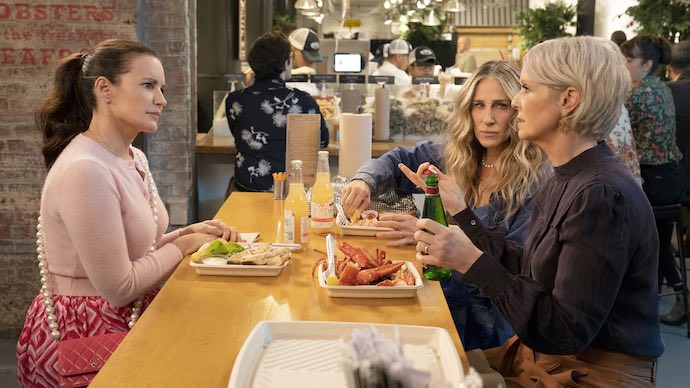
If you're an iconic actor who's known for your role in a previously brilliant TV series, and if you want to bring back that TV series, then make sure everyone else on the show feels the same way about coming back.
One of the worst things about a reunion TV series is when one or more of the main characters don't return, usually because the actors have moved on to bigger projects or even different careers.
The cast of a TV show is the face of that TV show. Their chemistry, energy, and togetherness are what make the show watchable and give it its unique identity. It's what the audience tunes in for.
If one of the main actors doesn't return for a reunion TV series—which can happen for any number of reasons—it's like meeting up with an old friend who now has a different face: jarring and unfamiliar.
Consider the Sex and the City reunion series, And Just Like That, in which Kim Cattrall chose not to return as her original character due to her vehement dislike of co-star Sarah Jessica Parker.
The result? Negative reviews from critics who point to the flat character dynamics, which aren't as entertaining as they'd once been.
3. Impossible to Please Diehard Fans
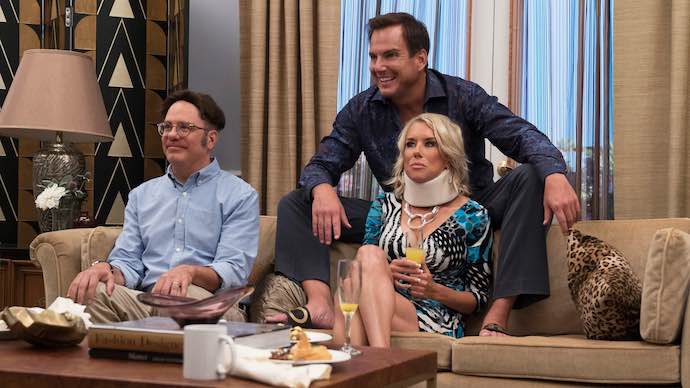
Let's say you produce a reunion TV series and you manage to capture the original vibe and energy. Miraculously, all the original cast members even agree to come back. Now comes the hardest part: convincing diehard fans that a reunion show is even a good idea.
You might think that diehard fans would be all over the chance to watch more episodes of their favorite TV show. But diehard fans know how difficult it is to make an adequate reunion TV series—let alone a great one—and they know that a bad one can tarnish the original.
Moreover, diehard fans have stronger opinions than most. Each fan has their own ideas of where the story should go, how characters should evolve, etc. Pleasing one fan means forsaking another; it's simply impossible to make everyone happy.
For a show that ended long ago, fans have had years and years to think about how the show would've gone if it never ended. Trying to live up to those years of imaginative daydreaming is a dangerous game to play.
History Shows Reunion TV Series Fail
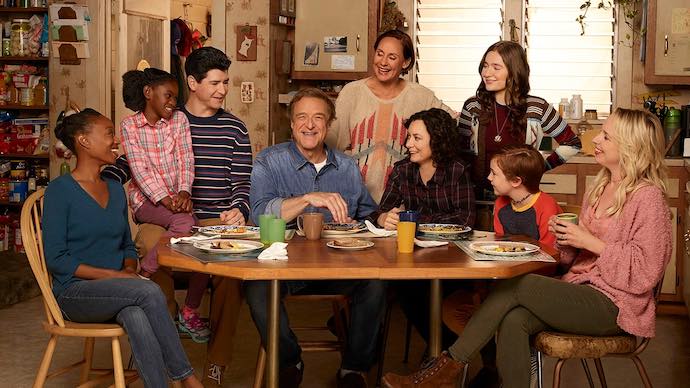
Hindsight is such a wonderful thing. Many world dictators must've had that thought in mind as armies of freedom fighters approached their palaces with the express intent of ending their reign.
The same can be said for reunion shows, like Roseanne which came back only to be cancelled after Roseanne Barr herself became the subject of an investigation due to her controversial social media opinions.
The idea of bringing back a once-golden series is a fun topic that's best reserved for late-night chats with friends. Once it passes from idea to actual project, the reality sinks in: Did we do this right? Was it worth the effort? Will the fans accept what we've done?
Save for one or two exceptions, reunion TV series rarely live up to their original legacy and end up being derided by critics and fans. It's bound to happen. It can only work if you're perfect in everything—and that point, you might as well make a perfectly new TV show.
